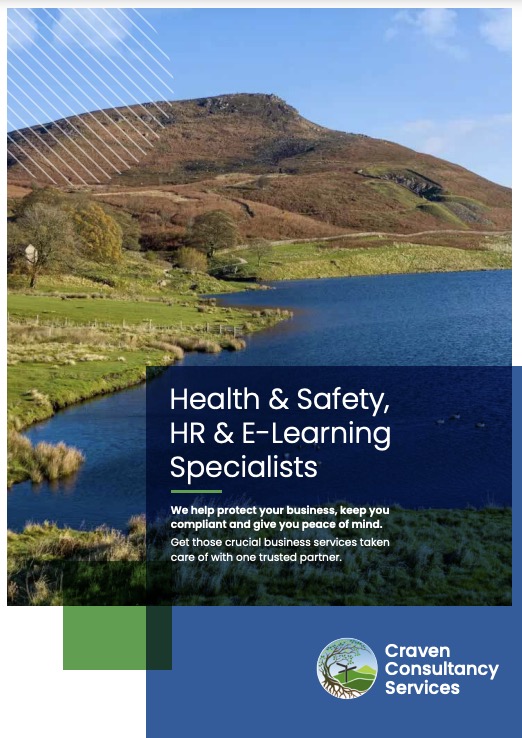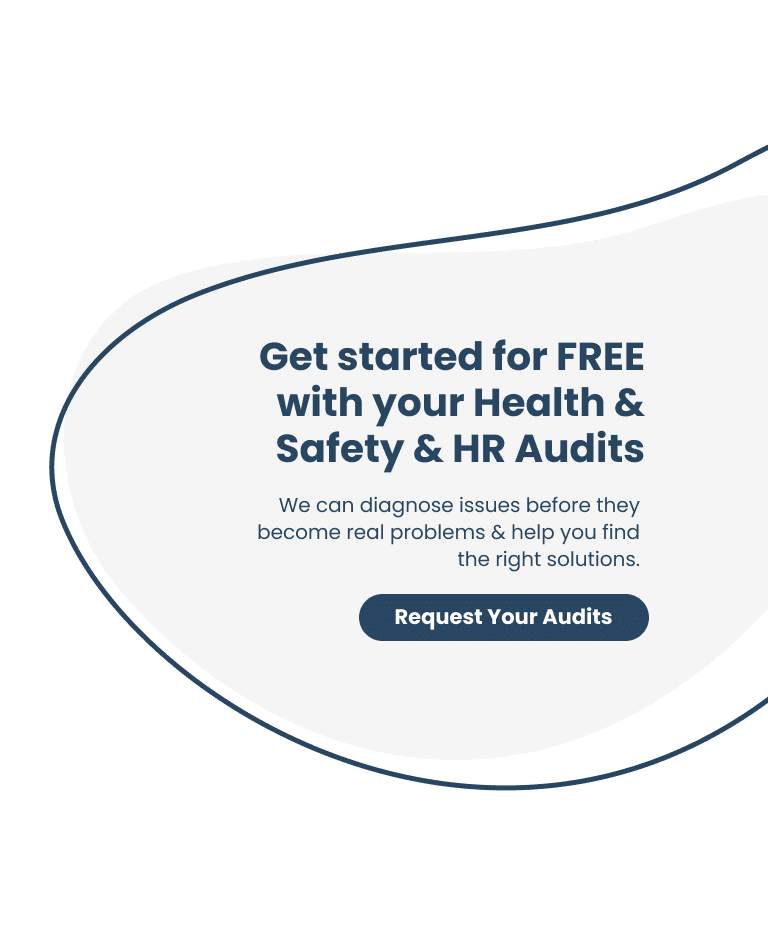As of March 31, 2025, England has introduced the Simpler Recycling legislation, a major reform designed to standardise how waste is separated and collected across businesses and public sector organisations. This initiative aims to reduce confusion, increase recycling rates, and improve environmental outcomes.
Key Implementation Date
What Are the New Requirements?
Organisations must separate their waste into specific categories before it is collected:
-
Dry Recyclables: Includes paper, cardboard, plastic, metal, and glass.
-
Food Waste: Must be separated from other types of waste.
-
Residual Waste: General waste that cannot be recycled.
Businesses are responsible for ensuring these streams are correctly separated, which may involve providing suitable containers and clear signage, as well as staff training.
Who Is Affected?
This legislation applies to a wide range of non-domestic premises, such as:
-
Offices
- Construction Sites
-
Retail stores
-
Cafes, restaurants, and hotels
-
Schools and universities
-
Hospitals and healthcare providers
-
Public sector bodies
It’s important to note that if a business operates multiple locations with fewer than 10 employees at each site, the total number of employees across all locations determines whether the business must comply.
Why Does This New Legislation Matter?
The Simpler Recycling initiative addresses several key goals:
-
Boosting recycling rates: England’s household recycling rate has remained around 44–45% for several years.
-
Reducing contamination: Clearly separated waste helps maintain the quality of recyclables. The legislation and tax increases are expected to significantly reduce the amount of waste sent to landfills and cut greenhouse gas emissions by improving recycling rates. Businesses that fail to comply could face fines, enforcement action and reputational damage, as the public will be able to report non-compliant workplaces from April 2025.
-
Meeting climate goals: The government estimates the new system will contribute emissions savings valued at £11.8 billion, supporting the target of recycling 65% of municipal waste by 2035.
How to Prepare
To meet the new requirements, businesses could take the following steps:
– Identification: Identify the types and quantities of waste generated on-site.
– Implement suitable infrastructure: Set up bins for each waste stream and ensure they are clearly labelled (colour coded is always a good idea too!)
– Educate staff: Provide training on proper waste separation procedures.
– Prepare for Compliance Checks: Maintain records of waste management practices to demonstrate compliance to regulators
– Work with your waste contractor: Ensure your provider is equipped to handle the separate waste streams appropriately.
Reporting Non-Compliance
From April 2025, the Environment Agency will accept reports about businesses failing to comply with the regulations. Further guidance will be issued by the government.
The Simpler Recycling legislation is a crucial step toward a more sustainable future. By understanding and implementing the new requirements, businesses can not only meet legal obligations but also play a part in reducing environmental impact and promoting responsible waste management.













